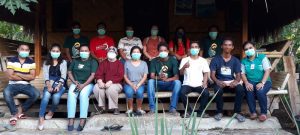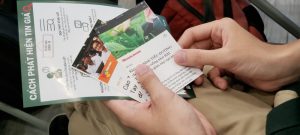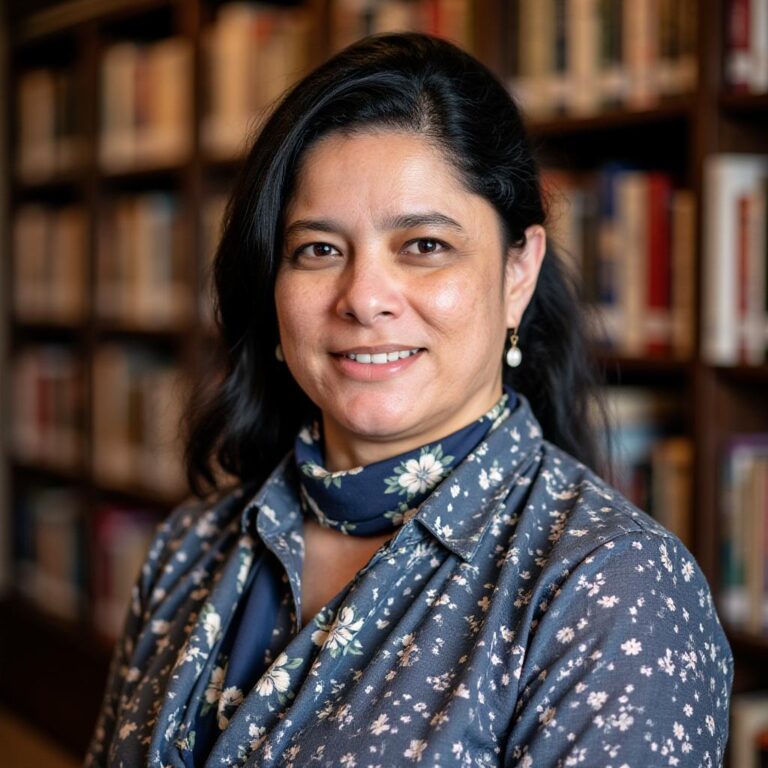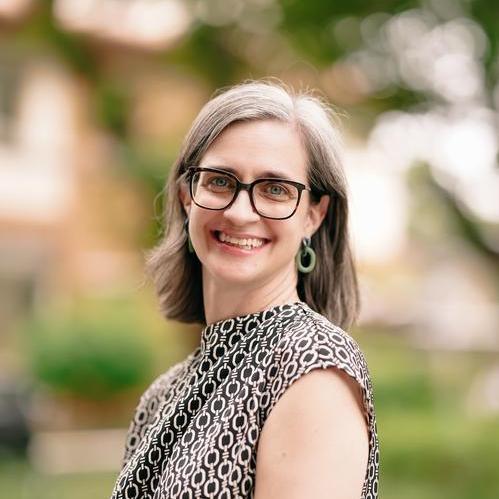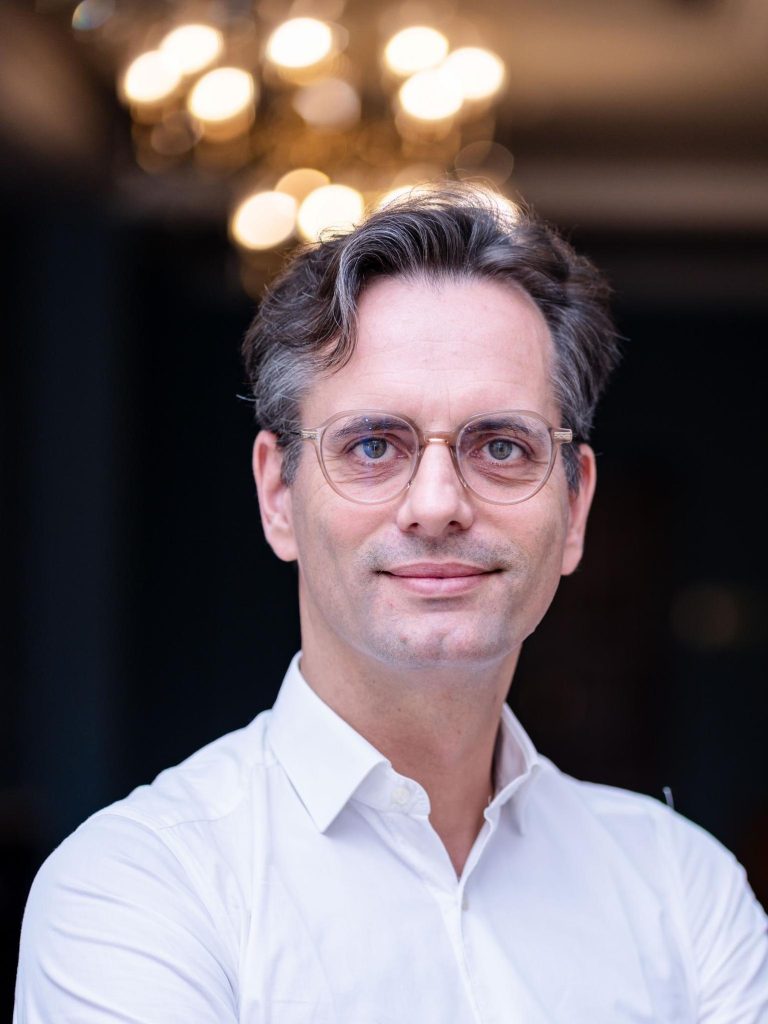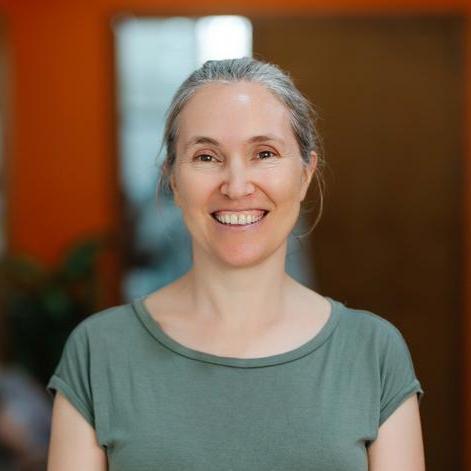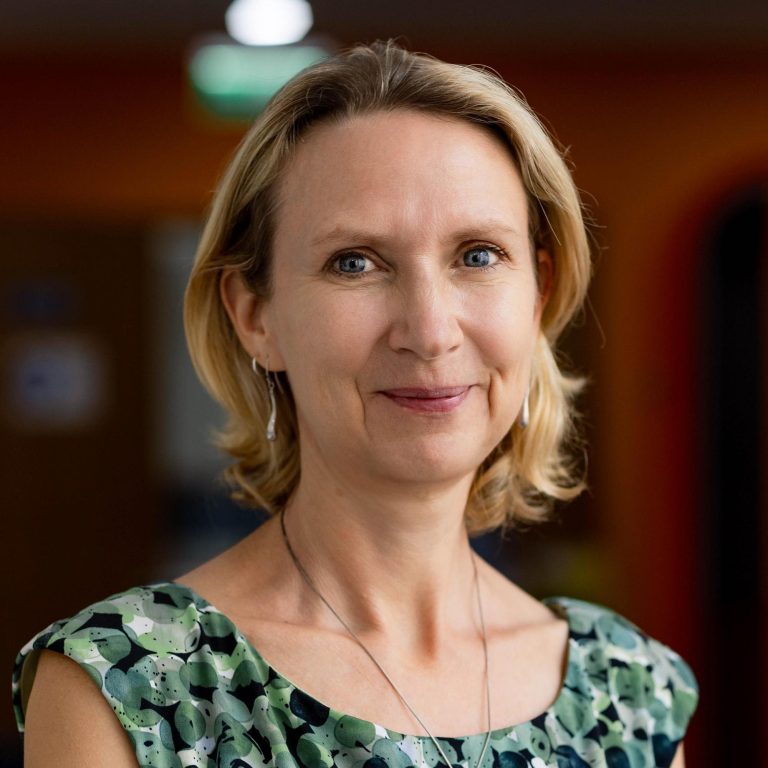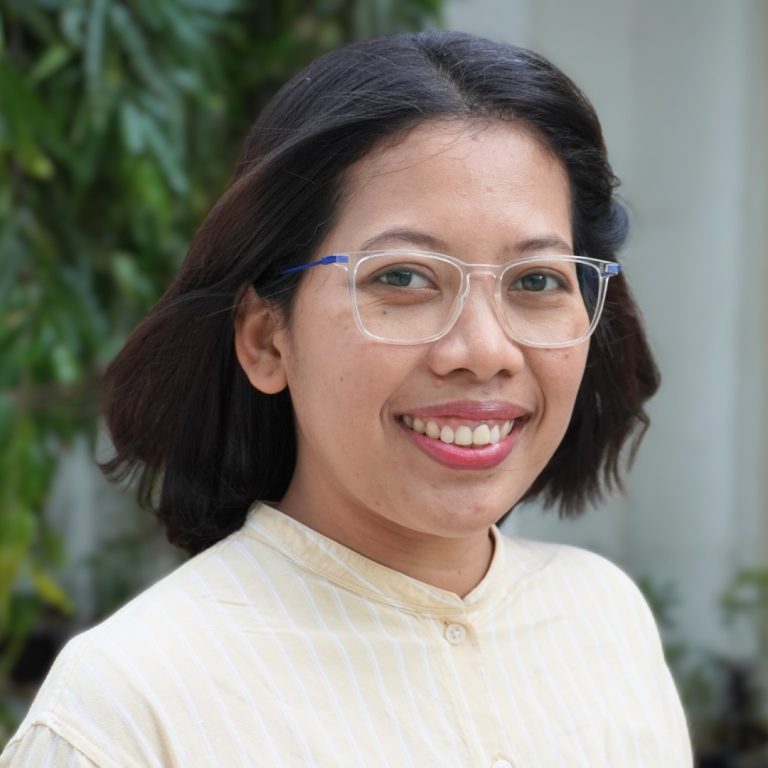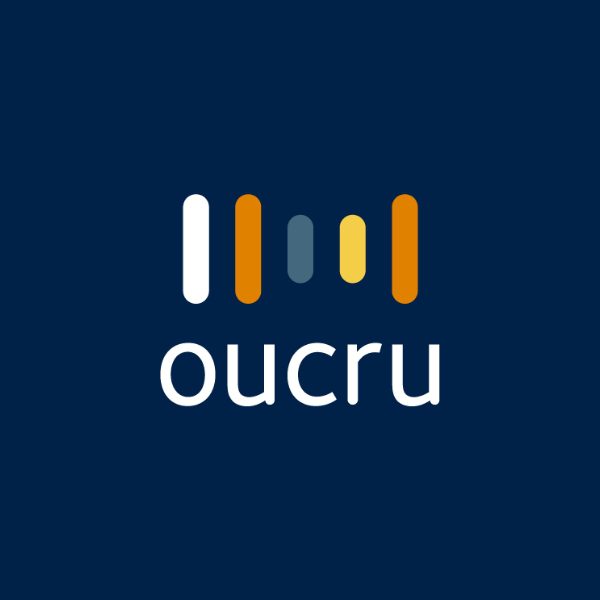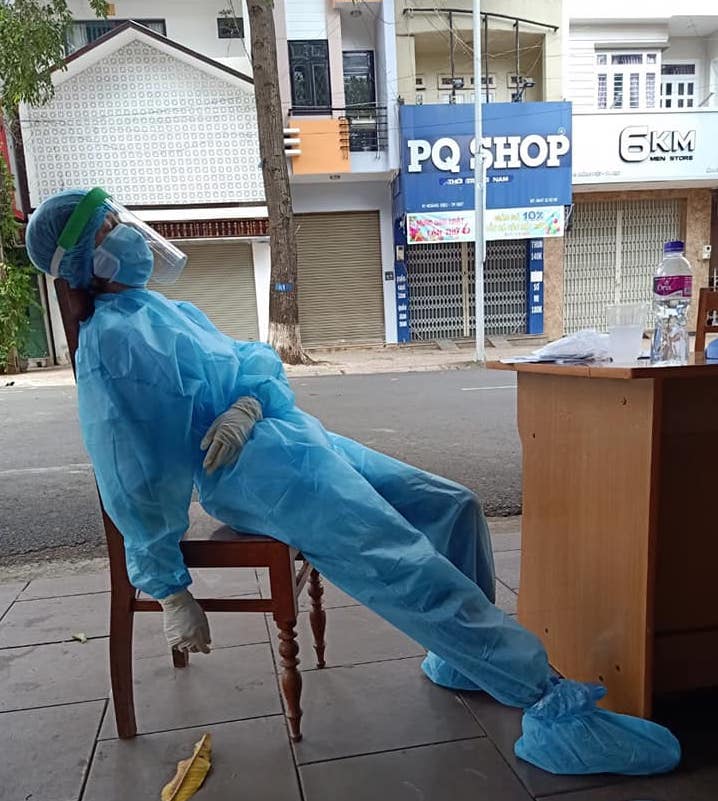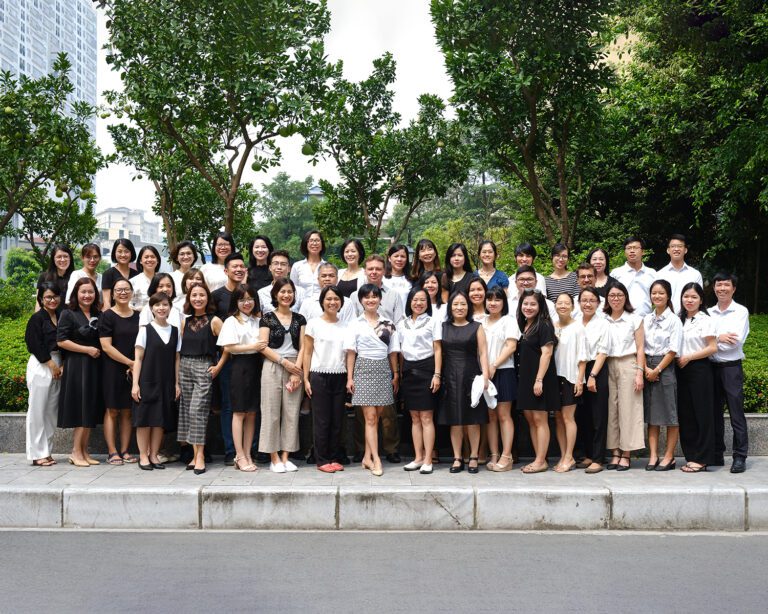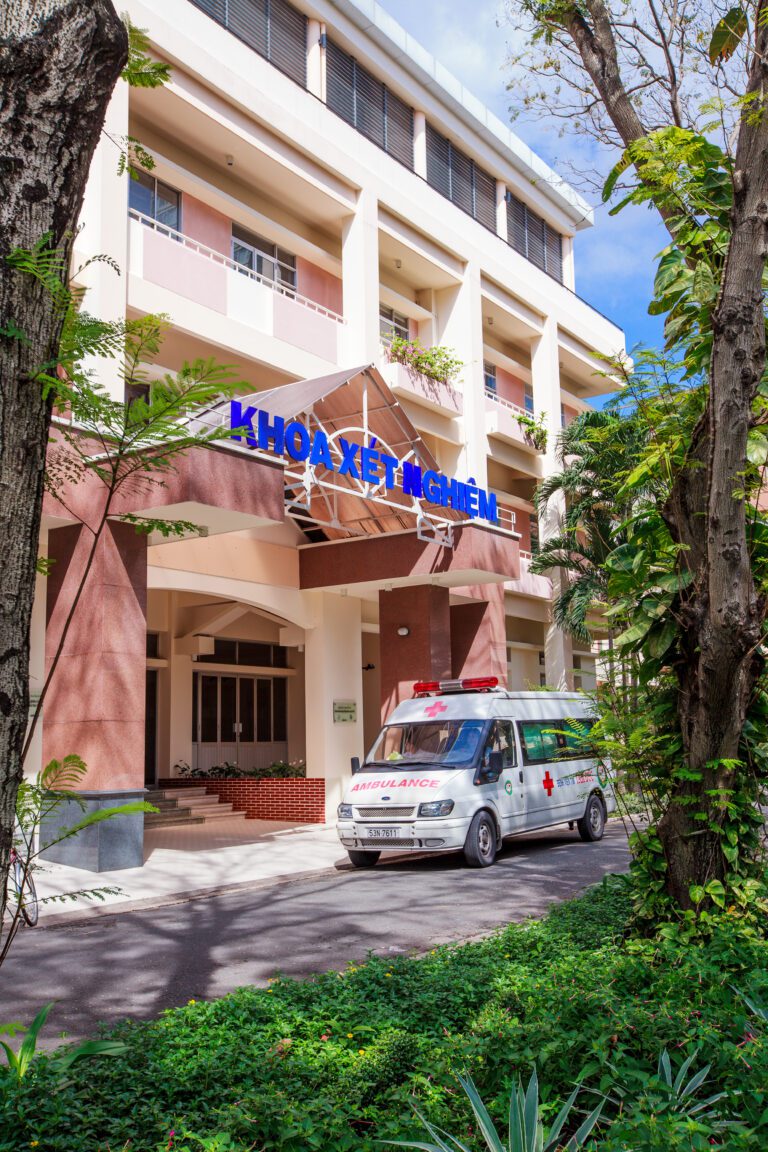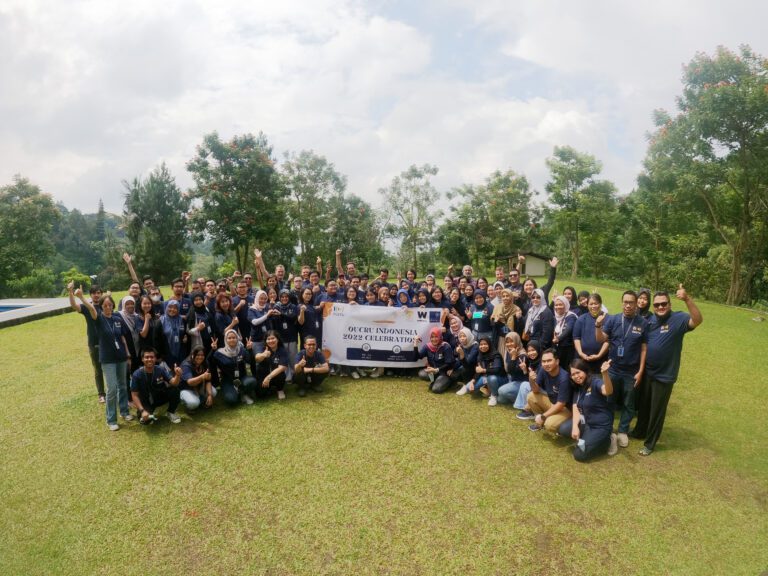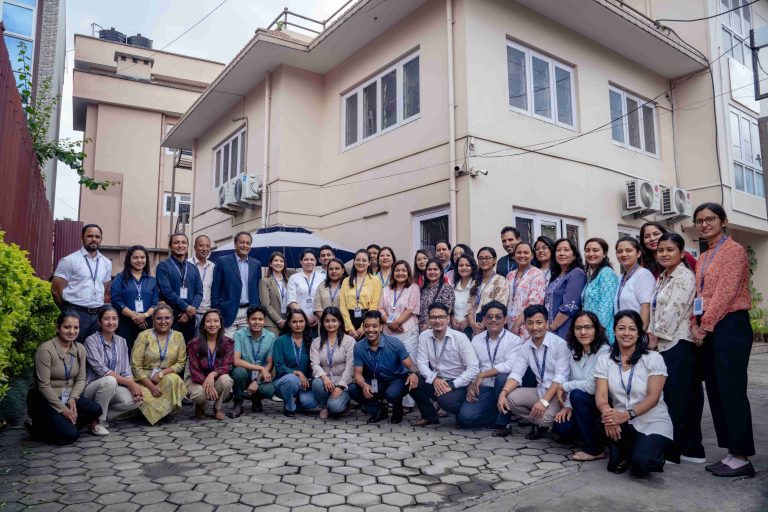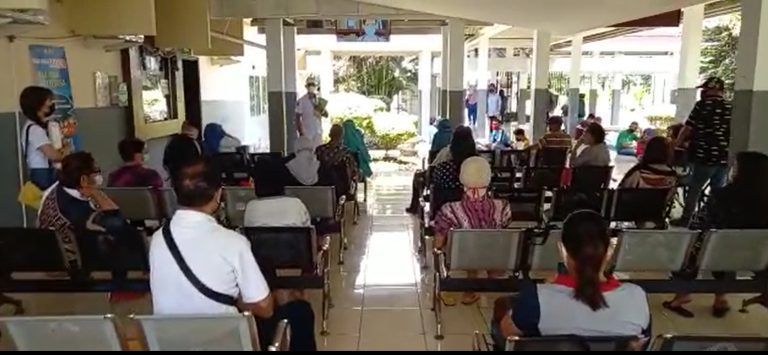About SPEAR
Several activities and methods were used to identify and document the experiences of healthcare workers and communities who have been particularly affected: by prolonged lockdowns, by direct experiences of Covid-19 and societal responses to them, by significant changes to economic circumstances, and by a lack of access to public health measures. The project also explored access to and perceptions of Covid-19 vaccines.
The data collected through the project was the evidence that would:
- enable us to create targeted, evidence-based public health information to counter misinformation
- enable partner and government organisations to strengthen their support for health workers and improve the access of vulnerable communities to public health measures
- contribute to global discussions and guidelines (e.g. WHO facilitated forums) about ethics, public engagement, COVID-19, and support for healthcare workers.
The project was run by the SPEAR project team, who was based in OUCRU and OCRU Social Science and Public and Community Engagement teams in Indonesia, Nepal, and Vietnam.
Project methodology and progress
We used anthropological and participatory engagement methods to gather data from both healthcare workers and community member groups. These included surveys, focus group discussions, interviews, ‘digital diaries’ (filming of personal stories), and online forums.
Phase 1 (July 2020 – January 2022): During this period we collected 4,007 surveys, 239 in-depth interviews, and 59 digital diaries across the project sites.
Phase 2 (November 2021 – ): Conducting surveys and in-depth interviews focused on vaccine acceptance and access within the study sites.
We also monitored online media (news sites and social media sites) during two different phases of the pandemic. Between April to July 2020, we monitored and documented misinformation and fake news circulating online related to Covid-19. Between March and December 2021 we continued this work, with a focus on Covid-19 vaccines and community perceptions and access to the vaccines.



